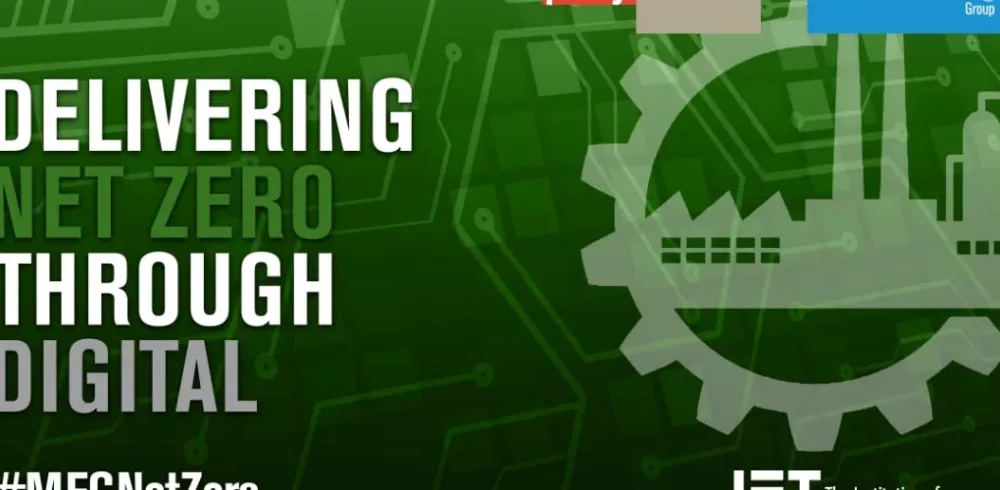A new report from Policy Connect, the All-Party Parliamentary Group for Manufacturing, and the Institution of Engineering and Technology calls for a low carbon eligibility criterion for the super deduction tax incentive to drive green investment and help achieve zero carbon manufacturing. The super-deduction should also be extended until 2030.
The government’s Industrial Decarbonisation and Net Zero Strategies set out a roadmap to net zero by 2050, including the commitment to reduce greenhouse gas emissions from heavy industry by 78% in 2035 compared to 1990 levels.
The commitment in law to these decarbonisation goals requires every policy lever to be pulled. Supporting the manufacturing sector as it tackles the net zero challenge is an important lever as it currently counts for 15% of UK’s emissions.
The report says existing tools can be better targeted to help businesses embed net zero practices. The government should use Capital Allowances in their various forms to ensure businesses are investing in green technologies.
The super-deduction, R&D tax credits and other existing incentives offer great opportunities for manufacturers to revitalise their assets and plants, but without the right targeting, the UK will miss a once-in-a-lifetime opportunity to ensure that any new capital investment is low carbon.
The government should:
- Extend the existing super deduction tax relief from 2023 to 2030, to give businesses time to use these allowances strategically to meet the potentially higher initial cost of greener technologies.
- Introduce a low-carbon eligibility criterion for all tax reliefs and allowances, to create the culture to introduce and exploit low- or zero-carbon technologies.
Plant machinery and assets can have a lifespan of up to 25 years. If the 2035 and 2050 targets are to be met, there is no time to lose to drive investment in low-carbon technologies. The return on investment will be three-fold: generating income on low-carbon technologies, creating a culture of introducing and exploiting low-carbon technologies and preparing the sector well in advance of the net zero targets.
A good example of targeted investment is the Made Smarter Innovation Challenge. According to the Made Smarter Pilot review, over 80% of SMEs working with Made Smarter have seen a boost in productivity, and more than 25% reduced their carbon emissions – all without a specific net zero target. The inquiry found that Made Smarter and other networks of expertise could, however, be better focussed on targeting SMEs that are not directly engaged through the Knowledge Transfer Networks. The latest funding round for Made Smarter Innovation is an opportunity to drive targeted reduction in carbon consumption and emissions.
One participant in the roundtables was able to achieve a £12.5 million reduction in energy costs, by harnessing the power of data to significantly improve resource efficiency. This example shows that digitalisation is a key tool to help businesses understand their energy use and deliver both decarbonisation and cost reduction. Digital technologies fall under the definition of capital assets, so there is scope for considerable investment to be made here while making use of capital allowances.
Manufacturing & Engineering Magazine | The Home of Manufacturing Industry News













